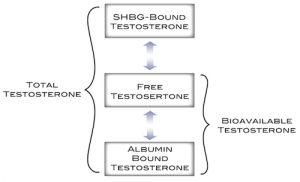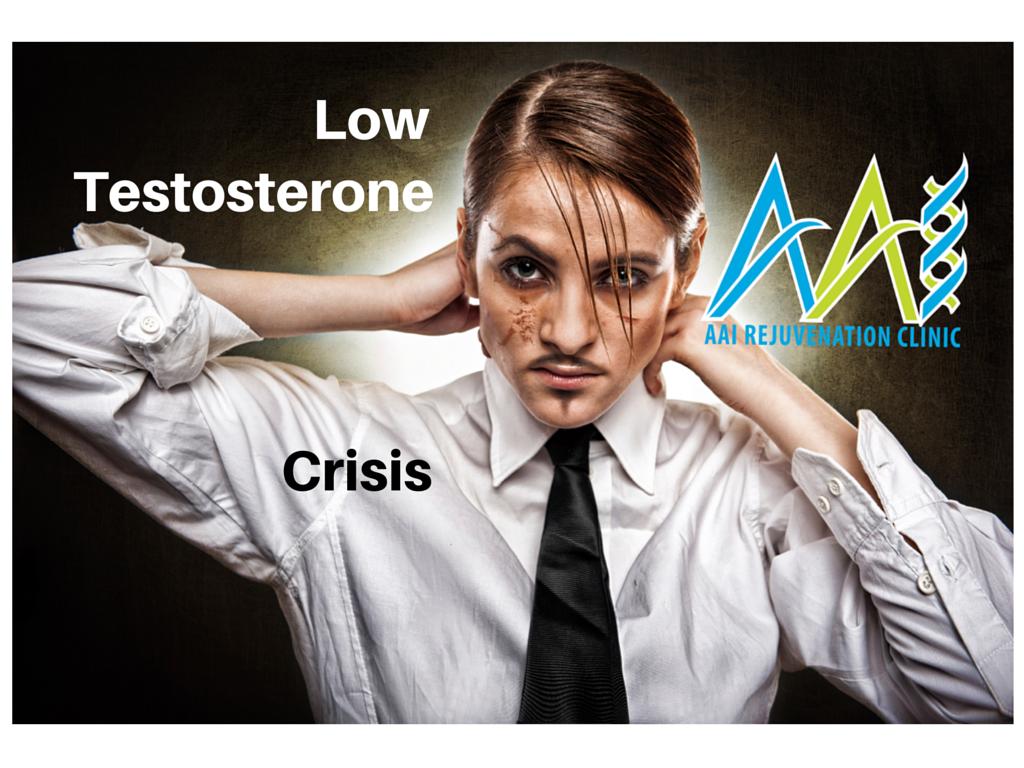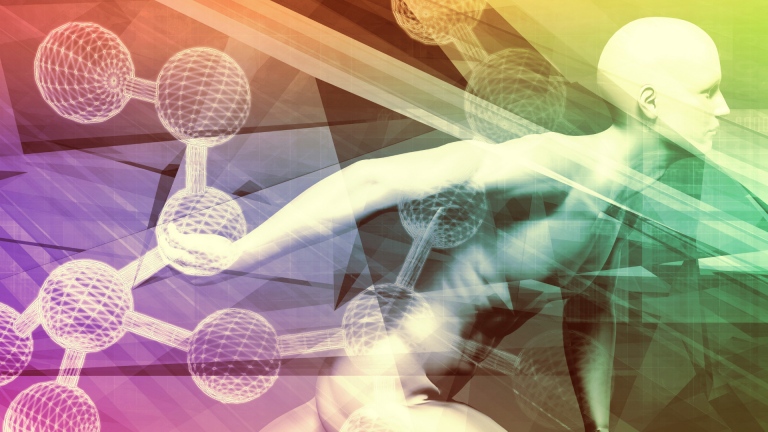Understanding Your Testosterone
Understanding Your Testosterone or Hormone levels decline as a part of normal aging and cause several physiological changes. Low testosterone levels in men are associated with various symptoms, including reduced motivation, erectile dysfunction, loss of libido, fatigue, increased cholesterol levels, memory loss, reduced muscle mass, and thyroid dysfunction. Because these symptoms are common, physicians often include hormone levels in routine blood work. Read on to learn about the different types of testosterone Injections and understand how to interpret your testosterone levels.
The Different Types of Testosterone
They understand Your Testosterone because there are two main types of testosterone circulating in the body:
free testosterone, testosterone bound to albumin, and testosterone bound to sex hormone-binding globulin (SHBG). Approximately 60–70% of circulating testosterone is tightly bound to SHBG and is “inactive” because it cannot bind to its cellular receptor to elicit physiological effects. The most physiologically relevant form of testosterone is “bioavailable.” Both free testosterone (free T) and albumin-bound testosterone are considered bioavailable, meaning they are free to activate the androgen receptor and elicit biological effects. Free T and albumin-bound testosterone account for ~2% and 30–40% of the total amount of circulating testosterone, respectively [1].
Testosterone Assay Results

A physician might measure Understanding Your Testosterone levels in several different groups of patients:
- Men experiencing fertility problems
- Men with erectile dysfunction or a low sex drive
- Boys undergoing premature puberty
- Women developing typically male features, such as excessive facial and body hair or a deepening of the voice
- Women with irregular menstruation
- Patients with prostate cancer receiving androgen-blocking medications
- Men with osteoporosis
A testosterone test measures total and free testosterone; the “free” test includes both actual free and albumin-bound testosterone. The results can then determine if hormone replacement therapy is required. Tests are usually performed in the morning because testosterone levels are the highest between 7 AM and 9 AM.
The reference ranges used by Quest Diagnostics, a company that performs these assays for many physicians and hospitals, in men are as follows: 69 years15.0 to 150.0 ng/dL.
| Age Range | Male | |||||
| Total testosterone measurable range | 250 to 827 ng/dL | Bioavailable testosterone normal range | Age 18–69 years | 110.0 to 575.0 ng/dL | Age > | |
| Free testosterone normal range | ||||||
| Age 18–69 years | 46.0 to 224.0 pg/mL | |||||
| Age >69 years | 6.0 to 73.0 pg/mL | |||||
If your results fall within these ranges, they are considered “normal,” and any symptoms are likely attributable to another condition or hormone. However, reference ranges are only guidelines, and so what is considered normal for one person could be high or low in other people.
What do Low Testosterone Levels Mean?
You do not need to worry if your testosterone assay results are low. It could result from normal aging due to a medication you are taking, or it could be secondary to the altered production of other hormones, such as the luteinizing or follicle-stimulating hormone. Your physician will discuss the results with you, try to identify the reason for the low levels and prescribe any necessary medications.
References:
- Jarari, N., et al., A review on prescribing patterns of antihypertensive drugs. Clin Hypertens, 2015. 22: p. 7.
Testosterone Therapy Information
- What Is Testosterone?
- Testosterone Therapy Info
- Testosterone Injections
- symptoms of Low Testosterone
- causes of Low Testosterone
- Low Testosterone in Men
- Low Testosterone in Women
- Low Testosterone
- Testosterone Cypionate
- Testosterone Propionate
- Testosterone Enanthate
- Testosterone Patches
- Testosterone Gels Testosterone Boosters
- Side Effects of Testosterone
**NOTE** The content in this blog is subject to interpretation and is the opinion of the content writer. We do not claim it to be fact. We encourage you to consult a medical doctor before taking any prescribed medications or supplements.
Conclusion
Supporting Hormones health is essential for overall well-being and vitality. By incorporating regular exercise, proper nutrition, adequate sleep, stress management techniques, and IV therapy, you can help maintain optimal testosterone levels and lead a healthy, balanced life. Always consult a healthcare professional before making significant changes to your lifestyle or starting any new treatments to ensure they suit your needs.
At AAI Rejuvenation Clinic, we advise anyone to think seriously about beginning Hormone treatment if there is no medical need for it. However, we will take every precaution to ensure that you read your program’s positive benefits by providing the latest at-home hormonal mouth-swab testing to ensure we are continually monitoring your progress and aware of any adverse side effects. Fill out the Medical History Form, or if you need more information, call us at (866) 224-5698 or (866) AAI-Low-T.
Low Hormone Symptoms
- Motivation
- Sex Drive and Desire
- Depression
- Fatigue
- Erectile Dysfunction
- Cholesterol
- Low Energy
- Memory Loss
- Osteoporosis
- Wounds & Illness
- Muscle Mass
- Sleep Disturbances
- Thyroid Dysfunction
- Weight Gain
]]>



